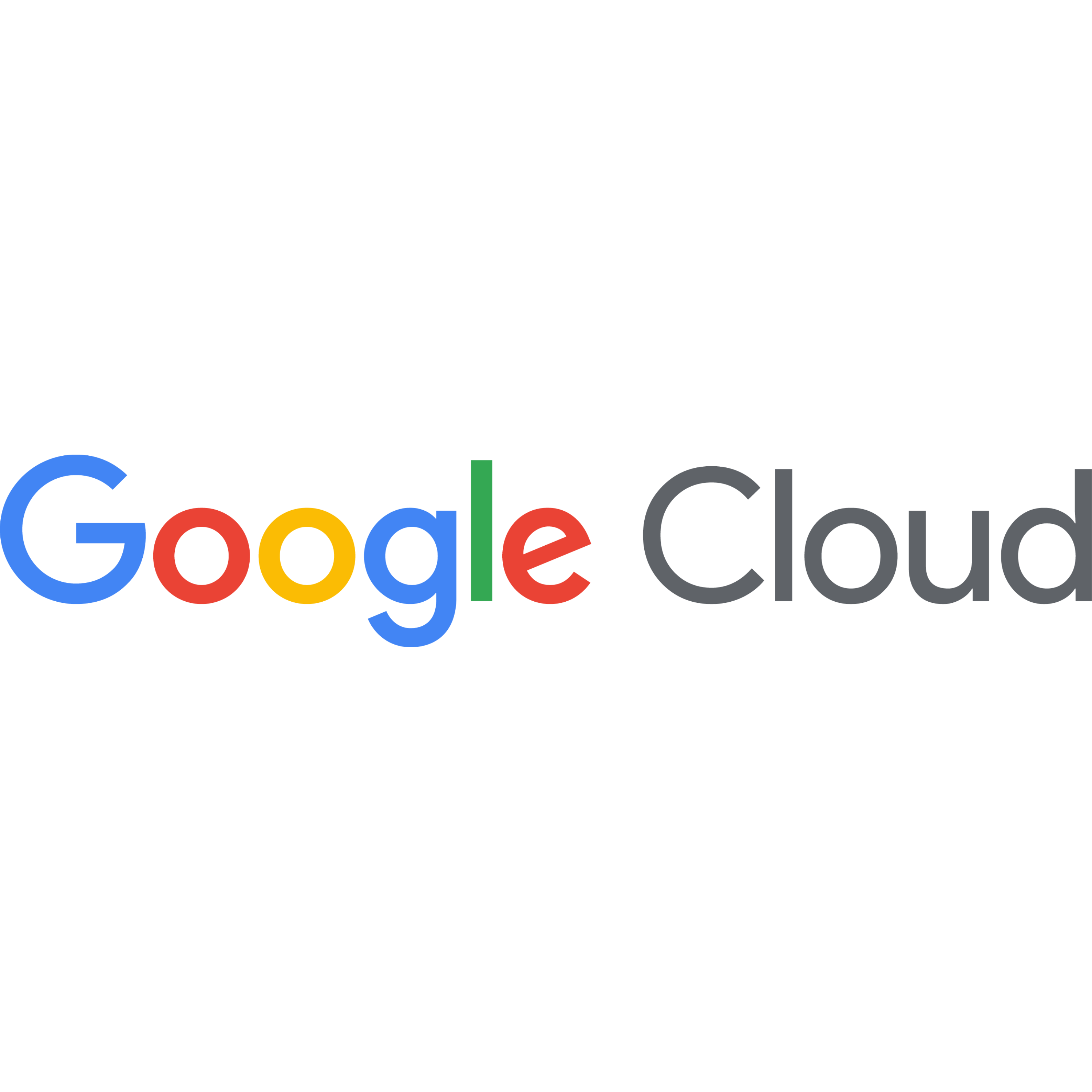
As the business world adopts agentic AI at stunning speed and scale, Google Cloud has become the world leader in the emerging category of multi-agent AI by helping customers rapidly and securely extract maximum value from agents developed by dozens of vendors and partners.
Just one year ago, agents were mostly a curiosity — definitely intriguing but mostly confined to limited testing and deployment. But today, companies across every industry are deploying a wide range of agents for a variety of functions as agentic AI is becoming a strategic component of modern business in a remarkably short period of time.

AI Agent & Copilot Summit is an AI-first event to define opportunities, impact, and outcomes with Microsoft Copilot and agents. Building on its 2025 success, the 2026 event takes place March 17-19 in San Diego. Get more details.
In the past, this type of explosive growth of a new technology would inevitably mean that customers would have to shoulder the burden of agent integration and making all those different technologies work together.
But the huge advances the industry has made over the past couple of years in multi-cloud has established a new set of expectations among customers who now expect — and indeed require — their tech vendors to undertake responsibility for making all those different kinds of agents work together. And that’s one genie that is never going back into the bottle — that’s a burden that the tech vendors need to shoulder, and customers will simply stop working with those who try to dodge that responsibility.
So, as various Cloud Wars Top 10 companies, including ServiceNow, Oracle, Microsoft, Workday, and others, are all looking to be seen as the ones who can harmonize and optimize agents from a wide range of vendors, I believe Google Cloud has taken the leading role with a truly comprehensive set of technologies, services, partnerships, and policies.
Google Cloud revealed that sweeping strategy at its dynamic Next event in Las Vegas this week, and here are some of the reasons why I believe Thomas Kurian’s company has seized the pole position in what will no doubt be a highly competitive race for multi-agent optimization.
1. Force-multiplying agentic AI with Google Cloud ecosystem. Google Cloud is not only building agents and helping its customers build them, but has also pushed and pulled its large partner and ISV ecosystem into the multi-agent initiative as well. “Partners have already built more than 1,000 AI agent use cases for customers across nearly every industry,” wrote Google Cloud Global Partner Organization president Kevin Ichhpurani in an April 9 blog post.
2. Agent2Agent (A2A) protocol. To help customers avoid potentially chaotic agentic AI Towers of Babel, Google Cloud has released a new open protocol called Agent2Agent or A2A to allow heterogeneous agents to:
- communicate with each other,
- securely exchange information, and
- coordinate actions across various enterprise platforms or services.
Among the early partners working with the A2A protocol are Atlassian, Box, Cohere, Intuit, Langchain, MongoDB, PayPal, Salesforce, SAP, ServiceNow, UKG, and Workday.
3. Collaborating with leading providers of enterprise data. “Our open platform and agentic AI tooling make it possible for customers to train and fine-tune agents on their entire data estates,” Ichhpurani wrote in his blog post. “Today, we partner with companies like NetApp, Oracle, SAP, Salesforce, and ServiceNow — meaning customers with data stored in these popular platforms can now put this data to work to improve their AI agents.”
4. Pushing a multi-agent mindset throughout the ecosystem. Google Cloud collaborated extensively with key partners on the A2A protocol, including Accenture, BCG, Capgemini, Cognizant, Deloitte, HCLTech, Infosys, KPMG, McKinsey, PwC, TCS, and Wipro. That breadth and depth ensures that more customers will more quickly be able to realize the business value of harmonized and optimized multi-agent interactions. As Ichhpurani put it, “This means our customers now have access to a global community of highly-trained AI experts who can help them develop AI agent use cases and strategies with interoperability in mind; prototype new applications; train and manage AI models; and ultimately deploy AI agents across their businesses.”
Final Thought
For all of its remarkable impact in barely over a year, agentic AI is still in its very early days, and it is certainly possible that one of the other Cloud Wars Top 10 players will pull together a new set of multi-agent capabilities that leapfrog it above and beyond what Google Cloud has achieved.
But for now, Google Cloud gets my vote as the company doing the most to make it fast, simple, and safe for business customers to participate ambitiously in the Agentic AI Revolution by exploiting the value of many agents from many vendors to deliver excellent business outcomes.
And maybe we should call it the Multi-Agent AI Revolution.
Ask Cloud Wars AI Agent about this analysis










